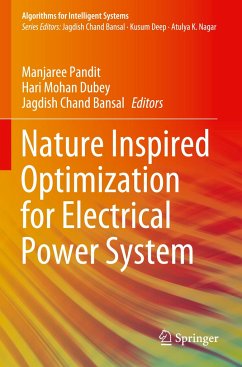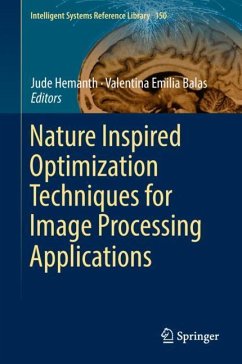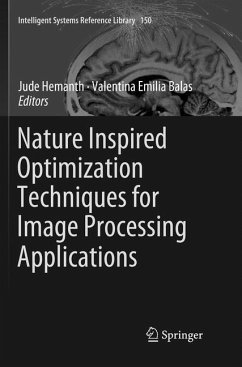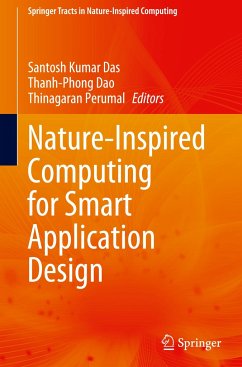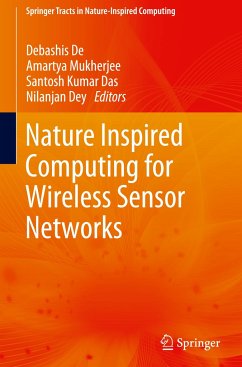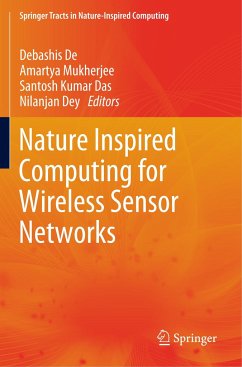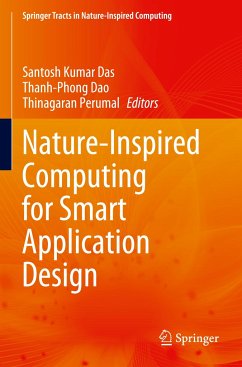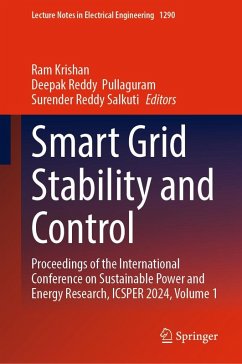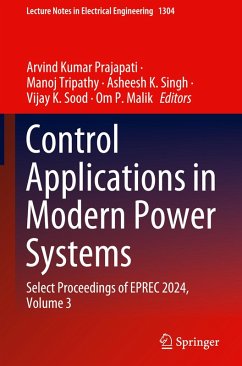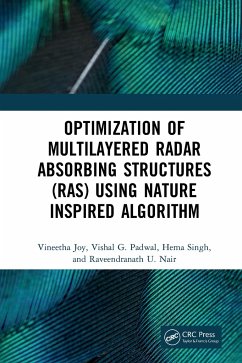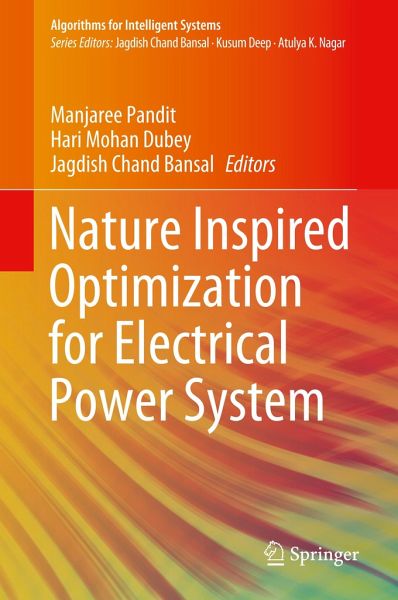
Nature Inspired Optimization for Electrical Power System

PAYBACK Punkte
57 °P sammeln!
This book presents a wide range of optimization methods and their applications to various electrical power system problems such as economical load dispatch, demand supply management in microgrids, levelized energy pricing, load frequency control and congestion management, and reactive power management in radial distribution systems. Problems related to electrical power systems are often highly complex due to the massive dimensions, nonlinearity, non-convexity and discontinuity associated with objective functions. These systems also have a large number of equality and inequality constraints, wh...
This book presents a wide range of optimization methods and their applications to various electrical power system problems such as economical load dispatch, demand supply management in microgrids, levelized energy pricing, load frequency control and congestion management, and reactive power management in radial distribution systems. Problems related to electrical power systems are often highly complex due to the massive dimensions, nonlinearity, non-convexity and discontinuity associated with objective functions. These systems also have a large number of equality and inequality constraints, which give rise to optimization problems that are difficult to solve using classical numerical methods. In this regard, nature inspired optimization algorithms offer an effective alternative, due to their ease of use, population-based parallel search mechanism, non-dependence on the nature of the problem, and ability to accommodate non-differentiable, non-convex problems. The analytical model ofnature inspired techniques mimics the natural behaviors and intelligence of life forms. These techniques are mainly based on evolution, swarm intelligence, ecology, human intelligence and physical science.





